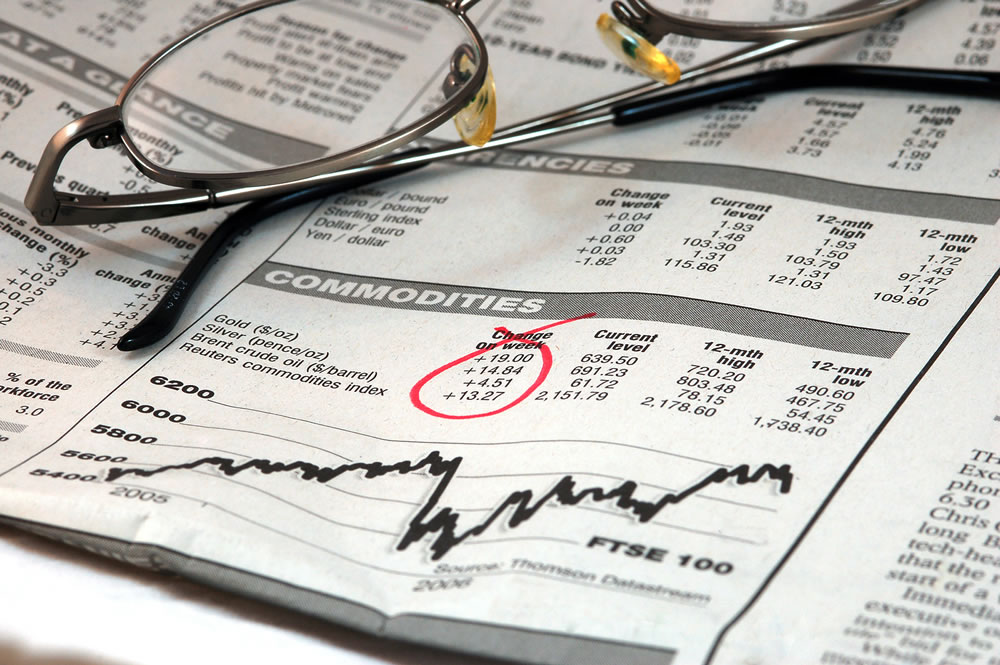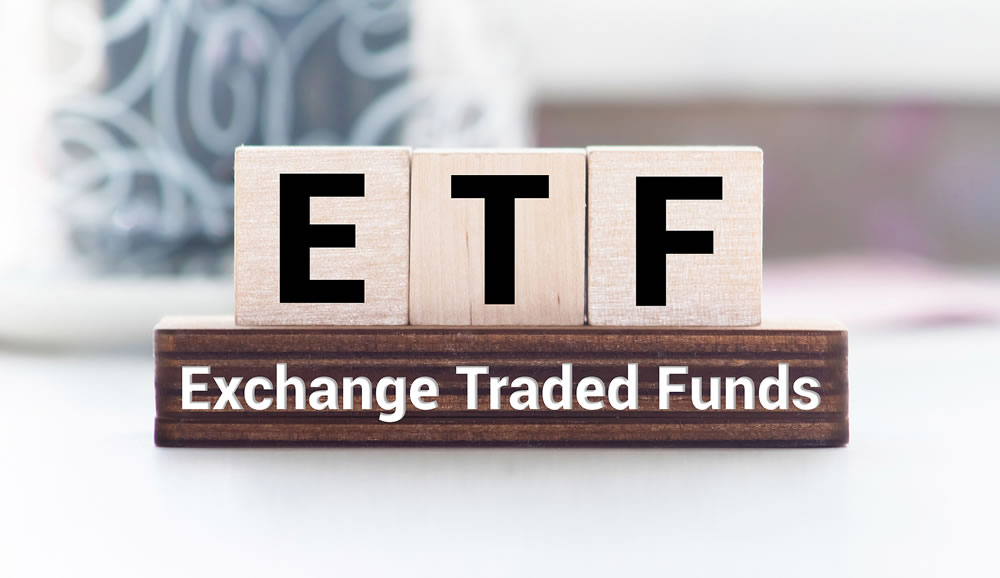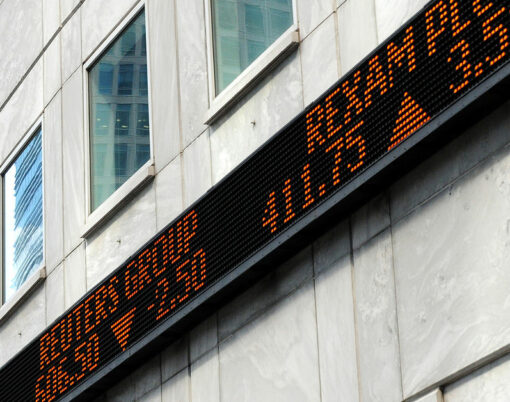The trading world is huge, spanning borders and running into the trillions in capitalisation. Let’s say you’re a first-timer, entering the world full of terminology you don’t understand, risk factors you have to understand, time zones, currencies, countless variables that impact different markets. It can be overwhelming, intimidating and, over everything else, confusing.
You’ve got several decisions to make before you start, including defining your goals, specifying your capital, your risk appetite, the platform you want to use to trade on, and your timeframe. As you might be figuring out, trading isn’t simple or easy, but really a lot more like a game of chess – it demands strategy, patience, and focus to be effective. Perhaps one of the most attractive things about trading, at least from the outside, is the universality of who you can invest in.
Your portfolio’s diversity can be derived from countless different sources. However, the market itself is yet another consideration. The markets you enter all possess their own characteristics and idiosyncrasies that can massively impact your experience of trading in them. Here, we aim to break down the most popular, well-known markets that trade CFDs (contracts for difference), effectively the single stocks, commodities, or equities that make up all the different assets we can invest into.
Currency affairs

Forex markets are some of the largest and fastest-moving markets in the world. They’re typically volatile and you’ll usually be relying on real-time reporting and minute-to-minute shifts, often only changes of a few cents or so. Detailed in a recent Trade360 review, it’s a good plan to use a platform that can offer you fee-free trades, as the frequency of trades in something like Forex is usually higher volume than say commodities, for example. You don’t want to accrue those additional costs needlessly.
Also, be very specific about your risk appetite if you’re interested in Forex so that your day-to-day trades are carefully controlled and limited to what you’re willing to risk. It’s also a market where leverage is significant, allowing you to boost gains although, again, that also is reflected in potential losses too. The point is that the time between trades is less, so you need the short-term focus, rather than the sort of patience common in other markets, as we’ll see.
Concerning commodities

If you’re a tactile learner, commodities are great for getting started in trading. Everything you’re buying and selling has physical mass and exists beyond the numbers on your screen. Commodity trading also translates really well for newcomers thanks to standardisation of unit measurement involved throughout. So you can put down the conversion calculator.
Unlike Forex, which doesn’t have many limitations on time zone (if one Forex market is closed, another is always open), you’ll simply be constrained by the locality of a certain commodity market. If the commodity market in Tokyo is closed, there’s not much you can do about it until the next day. However, for the part-time trader, this shouldn’t be much of a hindrance.
Enter ETFs

Exchange-traded funds are a lot like the shares you’d typically trade-in. However, they are a combination of different assets bundled together and offered as a tradable financial instrument. Unlike mutual funds which are only traded once per day, the price of ETFs can fluctuate numerous times over a day. Typically, they’ll be tracking indexes or sectors, but can contain an eclectic mixture of stocks, commodities, bonds, and derivatives. If you do your homework, you’re in good stead to jump in as ETFs are best tracked by their asset at their core, as it were, rather than many separate ones, so speculating movements is slightly simpler, theoretically speaking.
If you are looking at trading for the very first time, there’s no reason to discount entering any market specifically. That’s why it’s ideal to find a platform that can cover not just the trading across numerous markets, but also provide educational resources on all of them. The goal is to be able to make your decisions from a personal standpoint, rather than relying on tips or advice from outside sources. Expansive, educational platforms that cover all those markets will help you to decide what sort of assets, markets or strategies suit you, your goals, and your life.
Disclaimer: Investing money carries risk, do so at your own risk and we advise people to never invest more money than they can afford to lose and to seek professional advice before doing so.






















